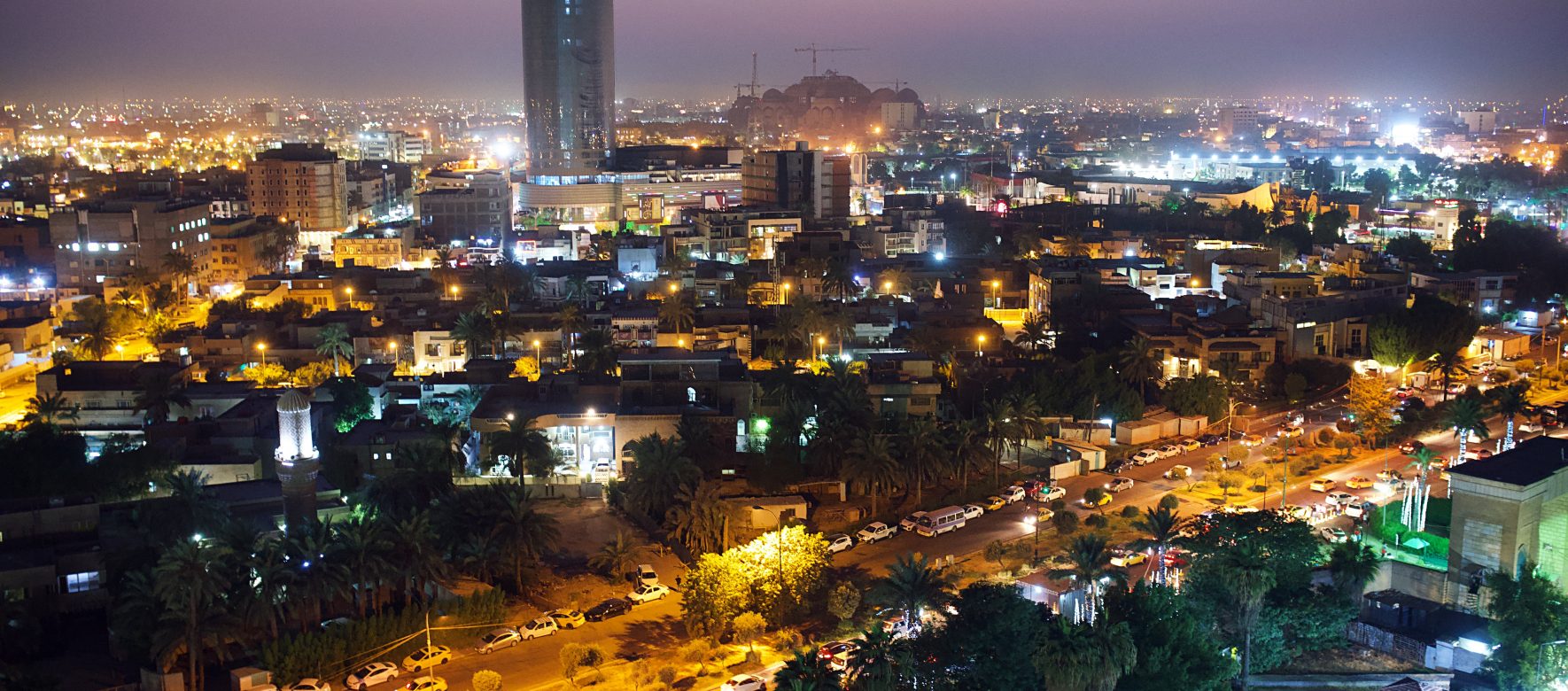Despite an abundance of energy resources (5th largest oil reserves in the world, 11th largest global gas reserves), Iraq produces an insufficient quantity of electricity to satisfy the growing demand of its population. This is estimated at 34 GW during peak periods (in summer), and is expected to exceed 40 GW by 2030, while actual electricity production only reaches 24 GW. On average, an Iraqi only benefits from 16 to 18 hours of electricity per day, a duration which can vary greatly between regions and depending on temperatures.
This situation results from several factors
First of all, the actual production of electricity is well below the 32 GW of installed capacity, due to the dilapidated production infrastructure, but also the deterioration of the electricity transmission and distribution networks, which are undergoing technical and non-technical losses estimated by the International Energy Agency at 50-60%. Electricity is underbilled and rarely paid: thus, the total revenue from electricity bills amounts to 3 cents per kWh, compared to an estimated cost of electricity of 14 cents / kWh. The gap between electricity production and demand is often compensated by generators running on diesel, which are expensive (around 40 cents/kWh) and polluting.
Faced with this situation, the government wishes to develop its gas resources and develop solar energy
Gas production is insufficient to supply the power plants, forcing the country to import 28 million m3 per day from Iran, which costs the state around USD 4 billion per year and exposes it to painful interruptions in gas deliveries. gas, frequent in summer. Iraq is therefore seeking to develop its gas reserves, in particular by exploiting the gas associated with oil wells for the purposes of electricity production, a volume of which estimated at 34 million m3 per day is currently flared.
Furthermore, Iraq intends to take advantage of its formidable solar energy potential, which is currently virtually untapped – targets of 10 to 12 GW of installed capacity by 2030 are regularly mentioned. The TotalÉnergies multi-energy megaproject signed on July 10 with the Ministry of Oil partly responds to these two priorities: valorization of 8.5 M m3 of gas per day, solar power plant with a capacity of 1 GW.
A modernization of the Iraqi electricity network is also necessary
The memorandums of understanding that the Ministry of Electricity signed in January and February 2023 with Siemens and General Electric aim to address this. Finally, an adaptation of the legal and regulatory framework could support the development of intermittent renewable energies – a draft law on renewable energies was prepared by the government, with the support of the United Nations Development Program, in 2019.
Source: French Embassy in Lebanon











Réagissez à cet article